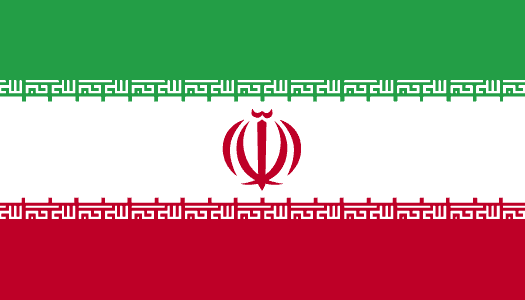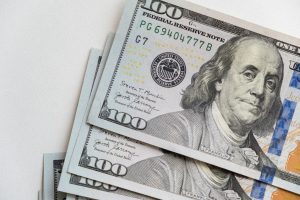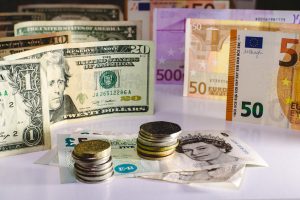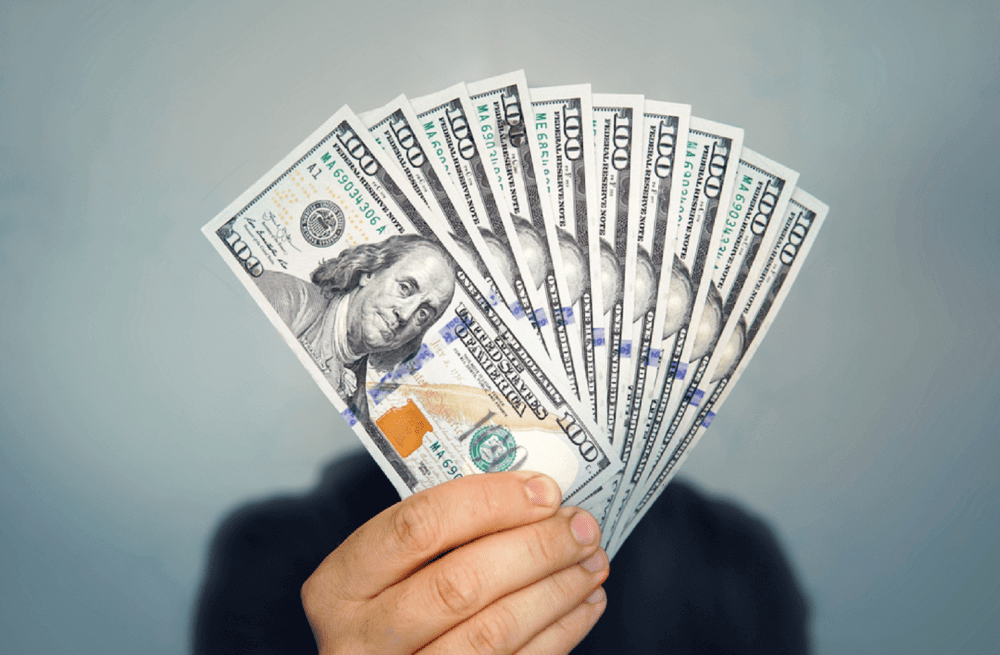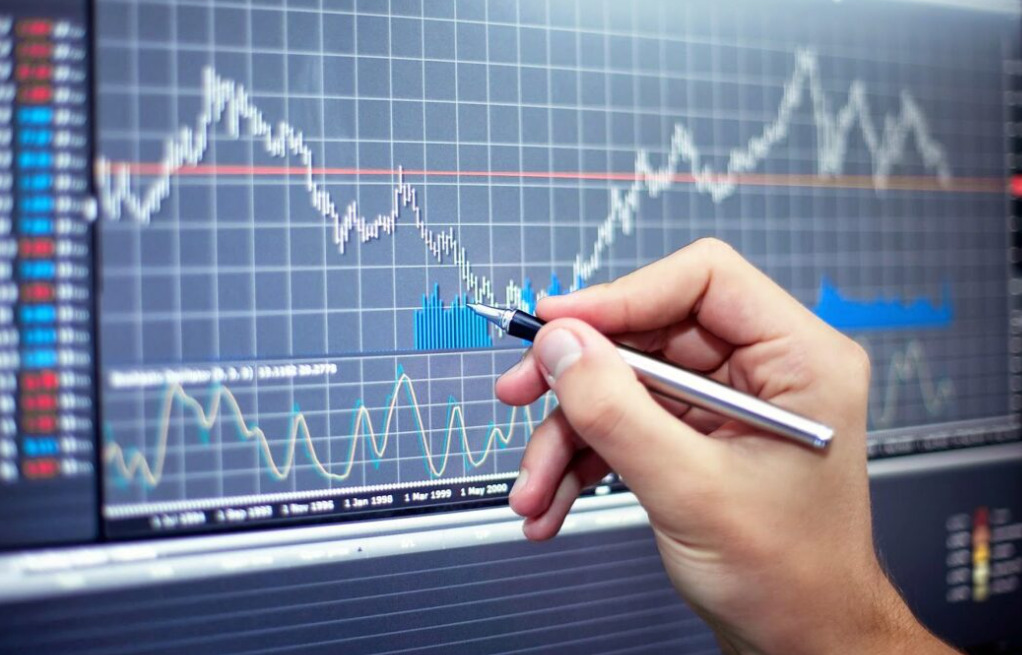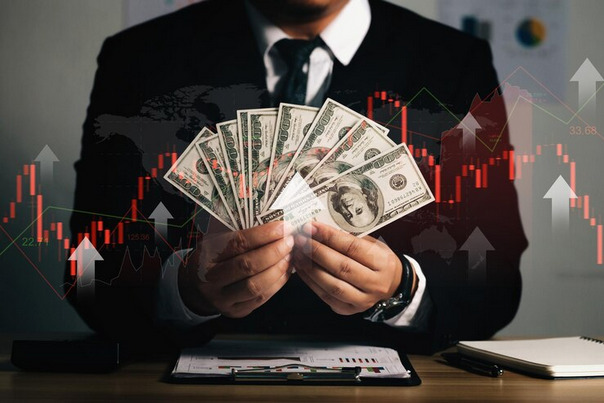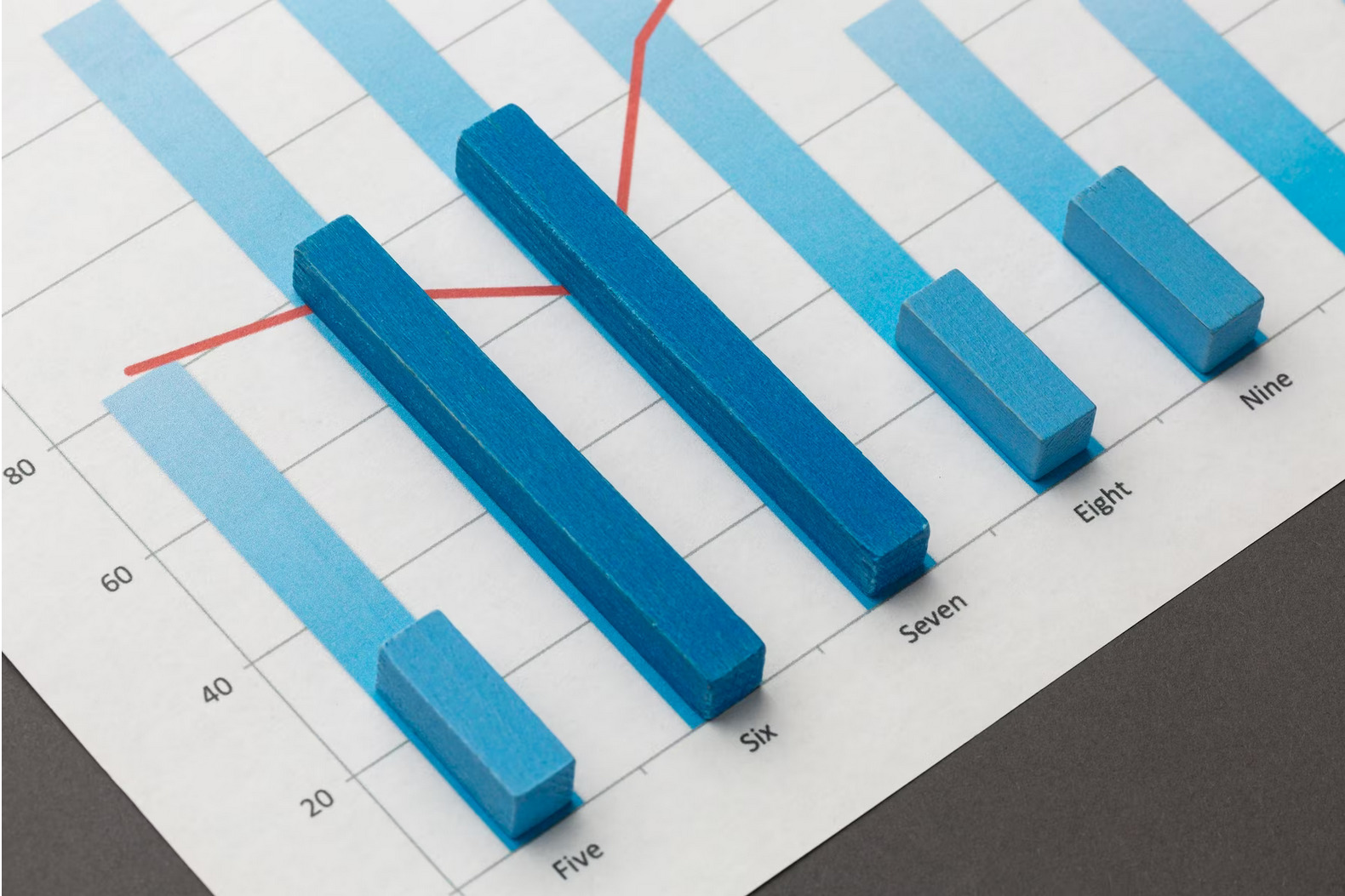The world of forex trading is often misunderstood, and many unaware individuals are not entirely sure what forex actually is or its abbreviation. If you are familiar with what forex is, you may be surprised to hear that there are people who believe forex is gambling!
So, is forex gambling? The short answer is no, forex trading is not gambling. However, there are certain aspects of forex trading that may resemble gambling for some. It truly depends on the trader, their approach to trading, predicting currency fluctuations, and observing trends. If they trade without proper analysis and estimation, forex may become gambling for them.
Forex trading and gambling
Since there is no certainty in financial markets, there is always a possibility of it being a gamble when you intend to open a trade. The forex market, considering its history and trading volume, is a dynamic market. Even the most skilled traders cannot predict with certainty how a currency pair’s price will move, despite years of studying and analyzing relevant price data.
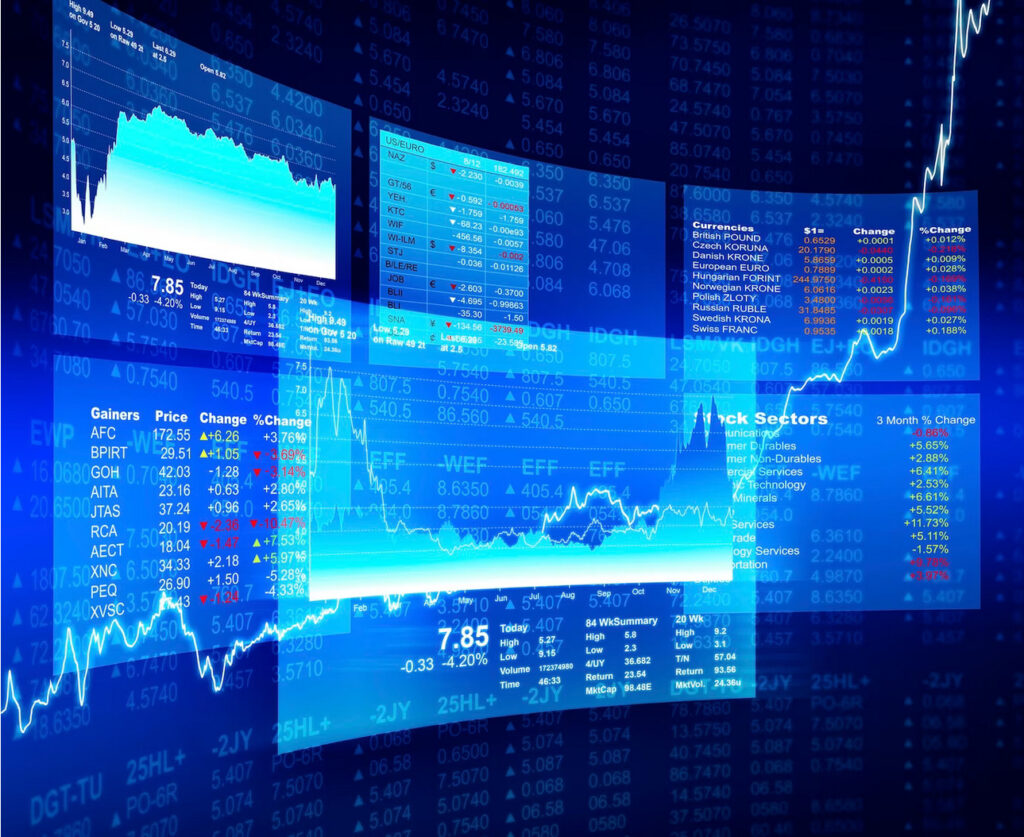
To predict the market, you typically consider technical and fundamental analysis. In technical analysis, you use past price behavior and employ tools and indicators to simplify charts and predict future market movements. In fundamental analysis, you examine economic data and significant statistics that impact the market to assess the likelihood of price changes based on news. However, regardless of the technical and fundamental analysis you perform, forex trading will always involve risks.
Difference between Gamblers and Forex Traders
There is a fundamental difference between a forex trader and a gambler. A gambler usually relies on chance and is always uncertain about their chances of winning. On the other hand, a forex trader always strives to change the odds in their favor by employing proper trading strategies. Additionally, traders have various tools at their disposal, which, when combined with data analysis, can help them enter positions that are profitable.

Well, in order to first address the issue of forex trading versus gambling, let’s start by discussing what forex trading actually is. Here is a brief description of forex trading directly from reputable forex websites.
Forex, short for foreign exchange, is a global market where currencies are traded against each other. It is the largest market in the world (with a volume of over 5 trillion dollars per day). The demands and economic conditions of different countries’ currencies lead to varying levels of value. These changes in currency prices are what forex traders seek to profit from. Similar to the stock market, traders can spend and invest as much money as they want. If they choose, they can blindly invest and spend all the money without any analysis or thought process – sometimes they may be lucky, other times not. It goes without saying that this practice is not recommended.
Individuals involved in trading and those engaged in gambling have significant differences that distinguish them from each other. In this section, we will explore the characteristics that set these individuals apart.
Capital Volume in Forex and Gambling
Fundamentally, the motivation for both groups of individuals operating in these domains is to earn substantial profits. However, the volume of money circulating in the forex market reaches $6.6 trillion per day. This figure is so massive that not only does it surpass the trading volume exchanged in gambling, but no other market has been able to compete with it in this regard.
Comparison of Players and Traders in the Two Markets
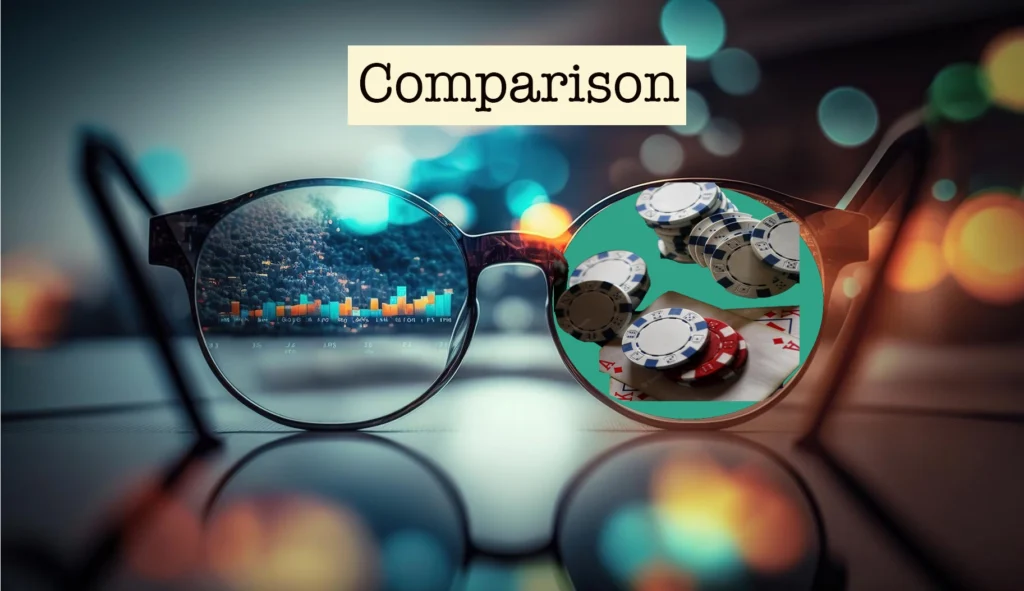
One of the most significant differences between forex and gambling is the participants involved. In the forex market, we witness the presence of governments, central banks, large and small corporations, and futures traders. While traders do not directly trade with these institutions in these markets, it demonstrates the legitimacy of the market. On the other hand, gambling faces numerous obstacles in terms of religious and legal perspectives. It is prohibited in many countries worldwide. In Iran, gambling is considered religiously forbidden (haram) and is also subject to legal penalties. Those involved in this field carry out their activities in an underground manner.
Characteristics of a Professional Forex Trader:

- They have an effective and suitable strategy and do not engage in buying and selling without a strategy.
- They enter their trades on a daily basis in a journal or log that they have prepared for this purpose.
- They practice risk management and set stop-loss levels for themselves.
- They do not trade based on emotions and act according to logic.
- They do not overly focus on profits and losses and rely more on proper analysis.
- They view buying and selling in the forex market as a profession.
- They always maintain their focus on their chosen strategy, even in challenging conditions.
- Their definitive response to the question of whether forex is gambling is negative.
Characteristics of a Gambling Trader:

- They do not have a trading strategy or have received any training in this regard.
- They do not pay much attention to the concept of risk and do not set stop-loss levels for themselves.
- They prioritize profits and losses over fundamental and technical analysis and market forecasting.
- They trade based on their emotions rather than logical trading decisions.
- They lack necessary focus and act emotionally in difficult market conditions, even abandoning their strategy if they have one.
- Their perspective on buying and selling in the forex market is closer to gambling, relying on chance, which leads to poor performance.
Emotions in Forex and Gambling:
A trader in financial markets should learn from the beginning how to control their emotions, such as anger, greed, and impatience, and not allow these emotions to influence their decisions. The fact that a trader tries to separate their emotions from the decisions they make indicates that there are no emotions involved, and they can detach from them whenever they want.

However, it is different in gambling, where players become addicted to it over time. Researchers attribute this to the emotions experienced by gamblers. Whenever a gambler starts playing, their main goal is to make a profit, which clouds their judgment and makes them unaware of the possibility of losses. Since there is no logical or reasoned betting involved and it is purely based on chance, it is possible for a person to have an unlucky day and lose all their money. Instead of teaching the gambler a lesson, this puts them under more pressure. The gambler keeps coming back to the game over and over again, leading to addiction.
Conclusion
Is Forex gambling? In conclusion, it can be stated that Forex is not gambling, nor is it a fraudulent activity. As mentioned earlier, Forex, like any other form of trading, involves both potential profits and losses. The success or failure of traders in Forex depends on factors such as having a strategy, maintaining focus and sufficient experience, controlling emotions, and practicing patience. Most importantly, traders need to acquire the necessary knowledge through proper education.
However, it should be noted that many traders enter the Forex market without possessing the mentioned criteria and adequate knowledge, resulting in the loss of a portion or all of their capital. They may mistakenly perceive Forex as a form of gambling where success is solely based on luck. In reality, this is not the case at all.

